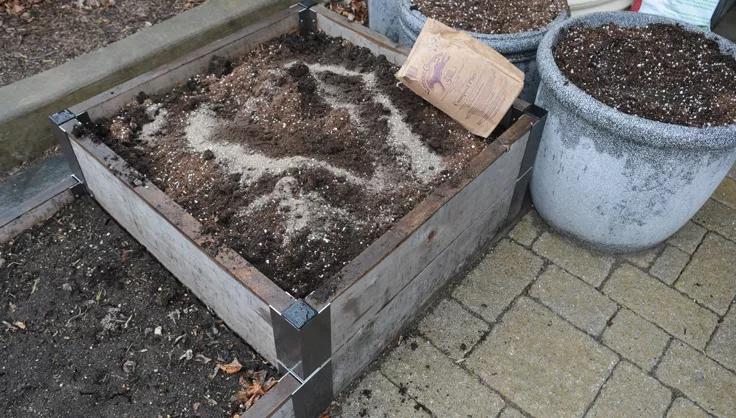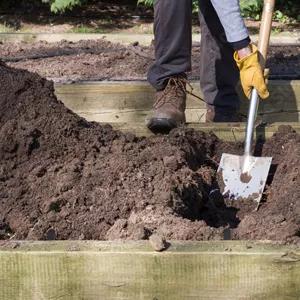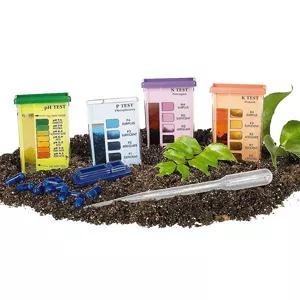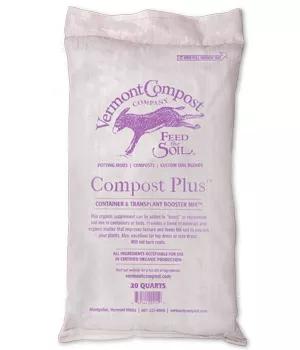How to Recharge Your Raised Bed Soil
4 easy tips for giving raised beds a boost!

Do you have a raised bed (or three)? If so, you know all about the benefits of gardening in a raised bed. After a season of growing and maybe a winter of dormancy, your raised bed soil may need a recharge before supporting new plants. Here are a few tips on how to revive your raised beds for a spectacular new growing season!
Test Your Soil
Understanding what your garden may be lacking now will allow you to adjust soil nutrient levels and set you up for a productive garden season. Send a soil sample to your agricultural cooperative extension or purchase your own soil nutrient or pH test.

Work Under Cover (Crops)
Did you plant a fall cover crop like clover or winter rye in your raised bed? Good for you! Cover crops (also referred to as "green manure") can add organic matter to the soil, suppress weeds, and prevent topsoil erosion. Even after cover crops expire, they continue to help our future garden plants by releasing nutrients into the soil as they break down. Once the soil can be worked in the spring and before the cover crop has set seeds, cut the crop down and gently turn it under with a broadfork or spade.

Do You Need a Top Off?
Over time, the soil level of your raised bed will go down due to compaction from heavy snow and rain, decomposition, and harvesting. Add some blended topsoil and compost if you notice that your raised bed has shrunk significantly. Leafy greens and herbs need at least 6 inches of growing depth, while tomatoes, peppers, and other deep-root crops require 12-18 inches of nutrient-rich soil. Garden plants will almost always appreciate deeper soils, which encourage stronger, sturdier roots.
Compost, Compost, Compost
Did we mention compost? Topping off your raised beds with a 1" to 2" layer of compost in early spring is the easiest way to feed a long, gradual supply of nutrients to your plants all summer long. No homegrown compost available? That's ok! Mix in a nutrient-dense, compost-based amendment, like Compost Plus, which provides a blend of plant-available nutrients, minerals, and organic matter that feed the soil to nourish your plants. And, if you plan to grow any specialty crops that might benefit from additional nutrients or adjusted chemistry, now is the time to apply soil amendments (blueberries, for example, may appreciate an acidifier).
Building soil health now (before you pop those seedlings in) will lead to stronger plants, less weeding, and more fruitful harvests later! Need some raised bed inspiration? Check out our Garden Planner for plans designed to fit our raised beds and elevated gardens, and featuring veggies, fruits, and herbs.
Print this Article:
Get the Dirt
Stay up to date on new articles and advice. Please fill out the information below.




